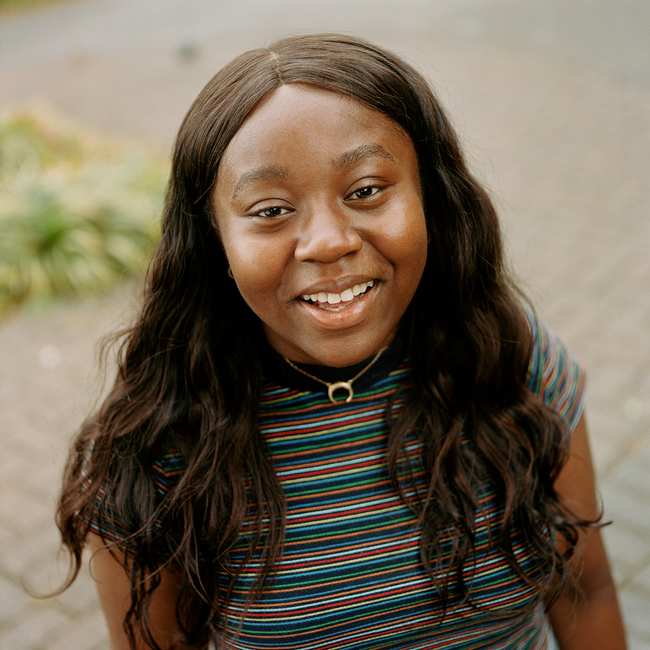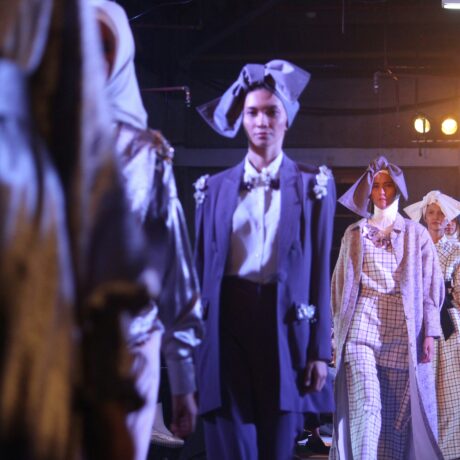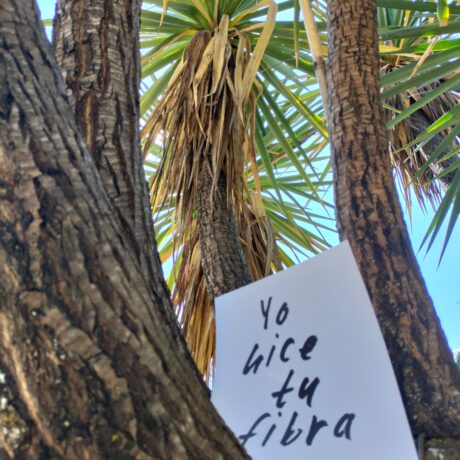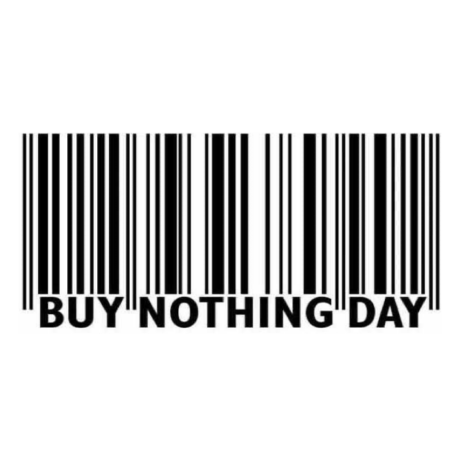Interview with Daze Aghaji: Part 5 in the Power of Influence series.
Welcome to the ‘Power of Influence’. In this series, we talk to people within the fashion, social media and activist realms about how they are using their platform for positive action. In this post, we hear from climate activist and all around inspiration Daze Aghaji.

I came across Daze on Instagram, a place where I spend way too much screen time, and write it off by telling myself it’s because social media is my job. Her Instagram profile indicated that she was 19 (as in years old), studying at Goldsmiths, and a political candidate for the European elections. Impressive. Luckily, I wasn’t left to ponder how she’s doing it all. Daze shared her thoughts about her campaign, her feelings on the state of fashion, and how we can all make a difference on the big stuff and the small…
How did you first become concerned about the climate crisis?
I moved back to London in 2016, relocating from Skegness, Lincolnshire (population 19,000). Around this time, I got quite ill (Mostly skin and breathing issues). When I went to the doctors, they didn’t have answer to why this was happening. So I did what everyone said not to do, and I started googling on the internet. This is how I found out about the high levels of pollution and the climate crisis. As I started looking deeper, it became more frightening and more urgent.
Earlier in 2019, you ran as a Climate and Ecological Emergency Independent Candidate in the European Election. At the same time, you were also in your first year of university. Starting university is a huge adjustment for many people and a pretty hefty time commitment. How did you manage to stand up and fight for the future during all of this?
Honestly, I barely managed! It was so difficult running for an election and being in exam season all at the same time. The key is time keeping and multitasking! I have quite fond memories of revising whilst on actions and meetings for the campaign. I think it’s such a hard thing to be an activist and be in education. But in my case, I feel like it needs to be done – the urgency of the climate crisis means it’s time to act now!
I do think that being in uni helps my activism, because it takes my mind off the crisis. Learning gives me something else to do, so I don’t become all-consumed by activism and my work at Extinction Rebellion. It’s very much grounding.
Let’s talk about your work with Extinction Rebellion! Considering that the movement is calling for a disruption to business-as-usual, what are your thoughts on fashion brands’ roles in the climate emergency?
There are many high street brands that do a lot of damage to the environment, but the industry as a whole has to change its unsustainable model of production. It has to stop encouraging overconsumption, dumping [of waste], and in some cases even incinerating clothes.
I think the most alarming brands are the ones that heavily greenwash. We are living in a time where the truth is no longer seen as black and white. I’ve heard of some brands claiming to use ‘recycled materials’ and the only thing recycled is the label! We need to start looking into the clothing we buy from its production to how and where it’s made, and the conditions in which it was made.
[youtube v=”mfdUROJAGlw”]
How can citizens help be the change with regards to overconsumption?
Shop sustainably and even better, buy clothing secondhand! Fashion has been such huge part of my life and my self-expression, so wearing something that makes me feel good and comfortable is a must. But let’s start looking for ways to consume that don’t cause a negative impact on the environment. And let’s put worker’s rights at the heart of production. When I buy new clothing, I make sure it’s a sustainable brand and I only really buy things that I truly love.
Shopping sustainably can be extremely costly, but for the everyday person secondhand or vintage is the best bet. Now there is so much choice in secondhand clothing. Another way to be the change is to really cherish and love the clothing that you already own.
So is change then, to you, a personal feat? Or is it about the big bad businesses?
I think there has to be a three-way approach. (1) Activism has to happen at the individual level, like buying secondhand and choosing sustainable brands. (2) Then there is the community level, like educating people about overconsumption, creating a swapshop, or attending swap shop events (one of my favourites is my mates, Fuckfastfashion swap & mend shop). (3) And then we need to go big picture! We must talk to institutions and companies and demand better. Boycotting fast fashion, protesting [brands] and championing alternatives are ways we can do this. In the short term, we should understand that our demand is what effects the supply and production. If we take away the demand, brands will have to start listening.
What advice do you have for young people who want to make a difference but aren’t sure where to start?
I think it’s just to do it! Make that difference! Every crazy idea you have to create positive change, just do it and always ask for help if needed. I think we, as young people, need to aid and big-each-other-up to be the change we want to see.
Thanks, Daze!








